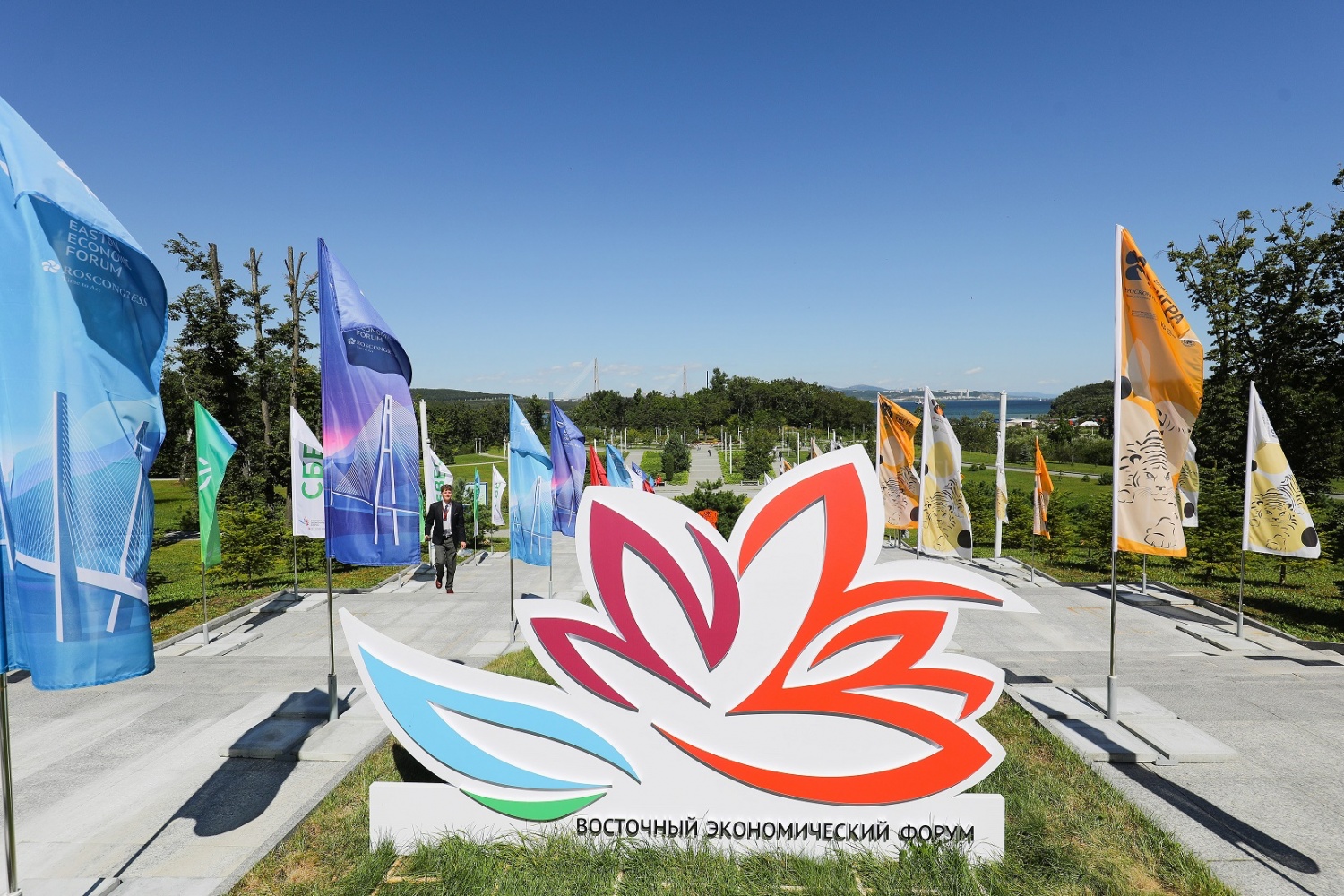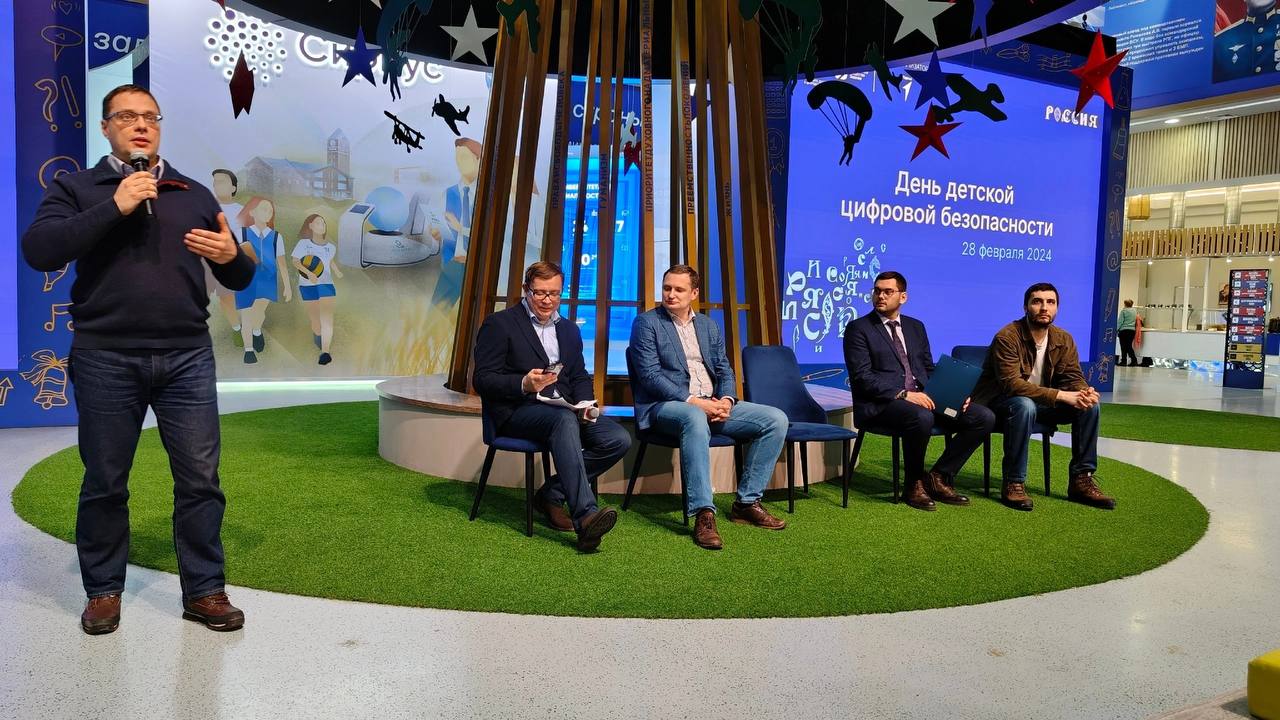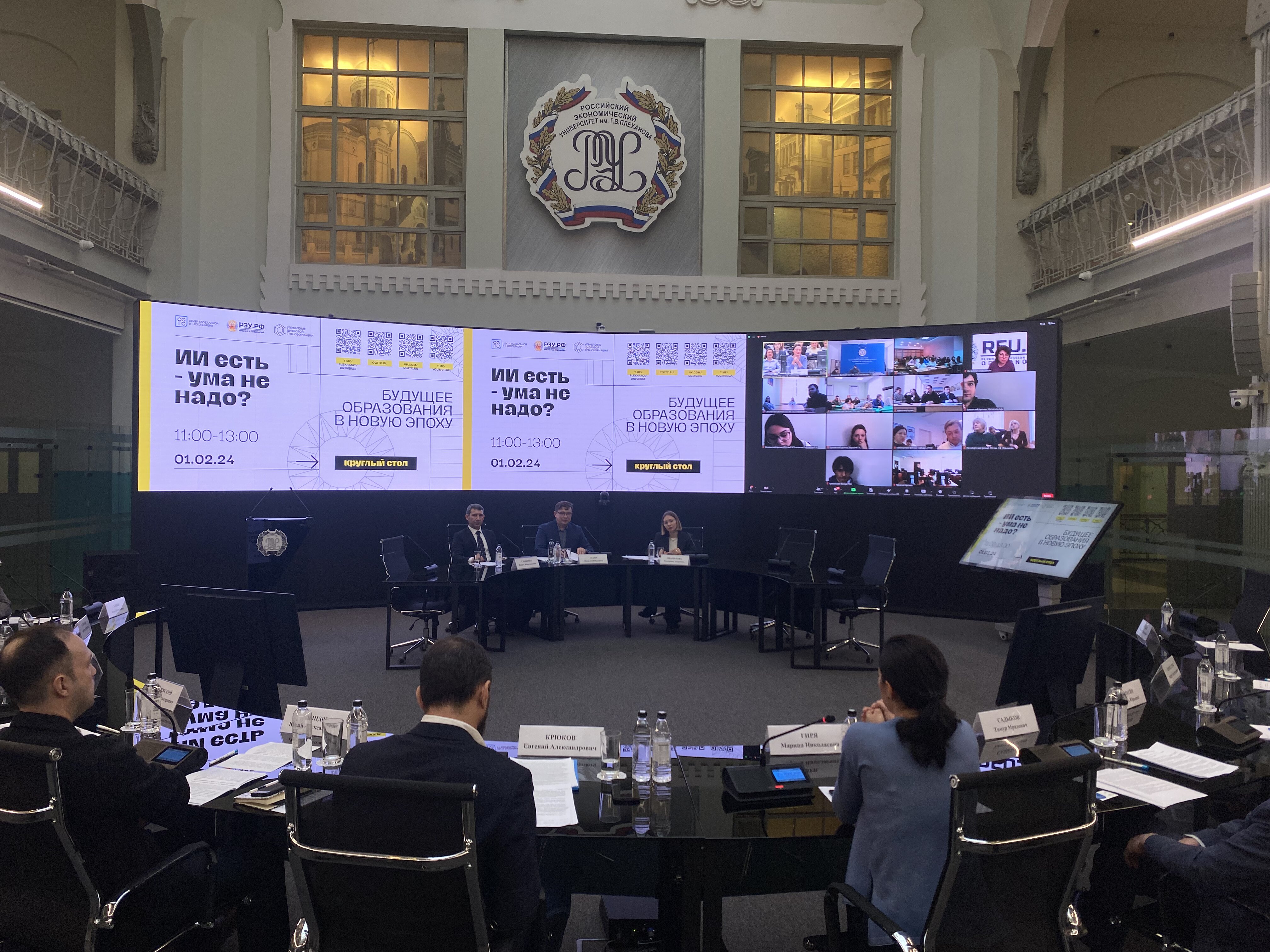On September 8, the 7th Eastern Economic Forum concluded in Vladivostok. The forum’s traditional agenda (i.e., development of the Far Eastern Federal District and economic relations with Asian partners) has become especially relevant amid Western sanctions and due to Russian enterprises’ pivot to the East. The forum was attended by over 7000 guests from 68 countries, the total worth of the agreements signed nearing 3.3 trillion rubles. The discussion centered around the topics of cross-boarder non-SWIFT payments, the challenges facing the cooperation with new partners from the Asia-Pacific region, and the problems of high technology industry growth. Speaking at the forum, President of Russia addressed the capacity of the Russian economy, commented on the pressure put on the country by the West, and ordered to extend the Far Eastern mortgage program until 2030 as well as create favorable conditions for inbound tourism.
Movement towards multipolarity
The Eastern Economic Forum, which took place on 5–8 September at the campus of the Far Eastern Federal University (FEFU) on Russky Island (Primorsky Krai), was attended by heads of Russian regulators and companies’ top managers as well as foreign delegates. Russian President Vladimir Putin arrived at the Far Eastern venue on the forum’s start day and spoke at the II International Tiger Forum, held as part of the EEF 2022.
On September 7, Mr. Putin gave a speech at the plenary session, which was also joined by his counterparts from friendly countries—Myanmar’s leader Min Aung Hlaing, Armenian Prime Minister Nikol Pashinyan, Mongolian Prime Minister Luvsannamsrai Oyun-Erdene, and Chairman of the Standing Committee of the National People’s Congress of China Li Zhanshu.
As for the federal bodies’ officials, the EEF 2022 was attended by Aide to the President Maxim Oreshkin, Minister of Economic Development Maxim Reshetnikov, Energy Minister Nikolai Shulginov, Minister of Natural Resources and Environment Alexander Kozlov, and Head of the Russian Federal Agency for Tourism Zarina Doguzova. Heads of major Russian businesses, mostly state companies, such as Chairman of VEB.RF Igor Shuvalov, President of AVTOVAZ Maxim Sokokov, CEO of DOM.RF Vitaly Mutko, President of Rostelecom Mikhail Oseevskiy, and President and Chairman of the Management Board of VTB Bank Andrey Kostin, also participated in the forum.
On the start day of the EEF 2022, the discussion focused on the topic of tiger conservation. One of the most memorable and large-scale expositions presented at the FEFU venue was the one of the Ministry of Natural Resources. A huge screen broadcasting a tiger in the natural habitat was in the spotlight, constantly attracting more and more visitors willing to take a picture. Over the past 12 years, the number of adult Amur tigers in the Far Eastern taiga has increased from 390 to 750, Mr. Putin noted during the forum’s opening, stressing that Russia’s expertise in tiger protection is in demand among foreign counterparts, Kazakh partners in particular.
Payments and airplanes
Most of the discussions held at the forum’s business events centered around the EEF 2022 main theme, that is, “The Path to a Multipolar World.” De-dollarization and the switch to soft currency transactions were much discussed by event participants. A Sber representative stated that the bank would start lending in Chinese yuan, while VTB informed the attendees of launching cross-boarder transfers in yuan and bypassing SWIFT. The initiative according to which cryptocurrency can be used for international transactions as another alternative was discussed once again at the field-specific session of the forum. However, Deputy Governor of Bank of Russia Alexey Guznov and Deputy Minister of Finance Alexei Moiseev clashed over digital currency transactions again and never made a final decision regarding the currencies’ legalization.
Development of the aircraft industry following the suspension of activities of Boeing and Airbus in Russia was another key theme of the EEF 2022. The national airplane fleet needs renewal, and around 1036 aircrafts must be produced by 2030, according to Deputy Minister of Transport Igor Chalik. An agreement under which 210 MC-21 aircrafts, 89 SSJ-NEW aircrafts, and 40 Tu-214 aircrafts must be delivered to Aeroflot during the period from 2023 to 2030 was signed between the airline and Rostec.
Another important deal struck at the EEF 2022 is the strategic agreement between the International Center for Joint Initiatives (ICJI) and KitaiStroy LLC. The estimated value of the contract is 2 billion rubles.
Ready for guests
A meeting of the State Council on tourism, chaired by the President of Russia, was held at the forum as well. The President stressed the need to build new federal resorts not only on the Black Sea but also on the Caspian Sea, the Sea of Azov, the Baltic Sea, and the Sea of Japan. During deliberations, Governor of Primorsky Territory Oleg Kozhemyako proposed to extend the program of tourist cashback to cruise and ecological tourism, while Head of the Russian Federal Agency for Tourism Zarina Doguzova came up with the initiative to create separate development programs for hotels and routes in four areas: Kamchatka, Baikal, Altai, and the Volga.
According to Mr. Putin, “the main goals here include developing high-quality, modern and affordable tourism products and services, generating high demand for them, removing administrative hurdles that face the industry, expanding tourism infrastructure and logistics, creating favorable conditions for investment attraction, and training staff for the domestic and inbound tourism industry.”
The President also ordered to extend the program of the Far Eastern mortgage with a rate of 2 % until 2030.
Following the EEF 2022 plenary session, CEO of DOM.RF Vitaly Mutko informed that the measure would allow to grant 20–25 thousand loans a year after 2024.
Work already in progress
“A system of uninterrupted international transactions is a highly important tool ensuring the quality of trade. Conducting transactions in dollars, euros, and other currencies of unfriendly countries, we run the risk of dealing with secondary sanctions that can be imposed on Russia’s partners entering such contracts. That’s why it’s very important to develop new mechanisms and prevent these risks,” Associate Professor at Plekhanov Russian University of Economics Denis Domashchenko stressed.
“The yuan and ruble, their digital versions to be precise, will most likely offer the best prospects in terms of transactions,” he added.
The head of state very reasonably paid attention to the problem of international transactions, since the unipolar world, which formed after the dissolution of the USSR, is starting to change, Georgy Svirin, a specialist in international financial markets at the Finmir marketplace, noted. According to him, Latin American and Asian countries are looking for reliable alternatives to the traditional safe haven currencies, which can be blocked by sanctions at any moment, a great example being the freeze of Russia’s gold and foreign currency reserves.
As for the recreational sector, Mr. Domashchenko pointed out that it is becoming increasingly difficult for Russian citizens to travel abroad, which is why inbound tourism development has every chance to be given great impetus. However, nothing will come out of that if numerous infrastructure and transport accessibility problems are not solved, the expert noted. Tourism development in the Far Eastern Federal District can curtail the outflow of population and attract new investors, but it’s a very difficult thing to do, Mr. Svirin concluded.
“The Far East’s importance has definitely increased. The export flows that have fully turned eastward have created both new challenges and new opportunities. New challenges involve the need for the better development of transport routes, the Eastern railway operating domain, and the Northern Sea Route. The new opportunities mean that our cooperation with friendly countries needs to be intensified, especially in terms of technology development,” Yury Trutnev, Deputy Prime Minister and Presidential Plenipotentiary Envoy to the Far Eastern Federal District, said at the press conference on the outcomes of the forum.
He also informed that the EEF 2022 had brought together over 7000 participants from 68 countries. During the first three days of the forum, 260 agreements worth a total of 3.255 trillion rubles were signed. In the post-COVID era, these are record-breaking figures, Mr. Trutnev stressed.





